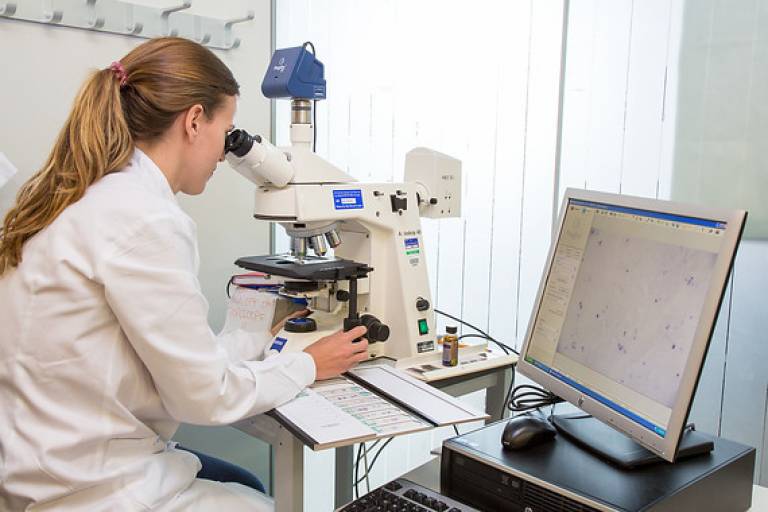Smear Test Non-Attendees Unaware of Procedure
30 June 2017
A
 cancerresearchuk.org/" target="_blank">Cancer Research UK-funded study led by Dr Jo Waller from the Research Department of Behavioural Science and Health has found that almost 25% of smear test non-attendees do not know
the process exists.
cancerresearchuk.org/" target="_blank">Cancer Research UK-funded study led by Dr Jo Waller from the Research Department of Behavioural Science and Health has found that almost 25% of smear test non-attendees do not know
the process exists.
The team's findings, reported by BBC Health News, are based on a survey of 3,100 women aged 25 to 64 published in the European Journal of Cancer, in which 800 said they were not up-to-date with cervical screening.
The research indicates that women who don't attend appointments are more likely to be younger, from poorer backgrounds, and non-native English speakers. Dr Waller commented that it was 'worrying that so many women don't know about cervical screening'.
Smear tests, the common term for cervical screening, are thought to prevent around 2,000 deaths from cervical cancer each year, and aim to detect pre-cancerous and abnormal cells. Appointments usually take place at GP surgeries, where a nurse or GP inserts a speculum into the vagina to collect a cell sample. In the UK, women aged 25-49 are invited for cervical screening every three years, while women aged 50-64 are invited every five years.
Researcher examining slides under the microscope. Credit: UCL ImageStore
Every year in the UK, around 3,000 women are diagnosed with cervical cancer, the most common cancer in women aged 35 and under. Nearly all cases are caused by HPV - the human papilloma virus. This is exceptionally common, and can be transmitted through any type of sexual contact with a man or woman.
With smear test rates falling in the UK in recent years, despite the spike in awareness after reality TV star Jade Goody's death in 2009, the research suggests that new ways of communicating with women about the procedure are needed, particularly as many find smear tests embarrassing or difficult to organise. According to Dr Waller, extra reminders and specific appointment slots for first time screenings could make a difference and 'potentially save lives'.
'The results around lack of awareness suggest that campaigns using TV, radio, social media or face-to-face visits may be better… than relying on letters in the post, which is the current method,' Dr Waller noted.
In the Media
Relevant Links
Tweet Close
Close



